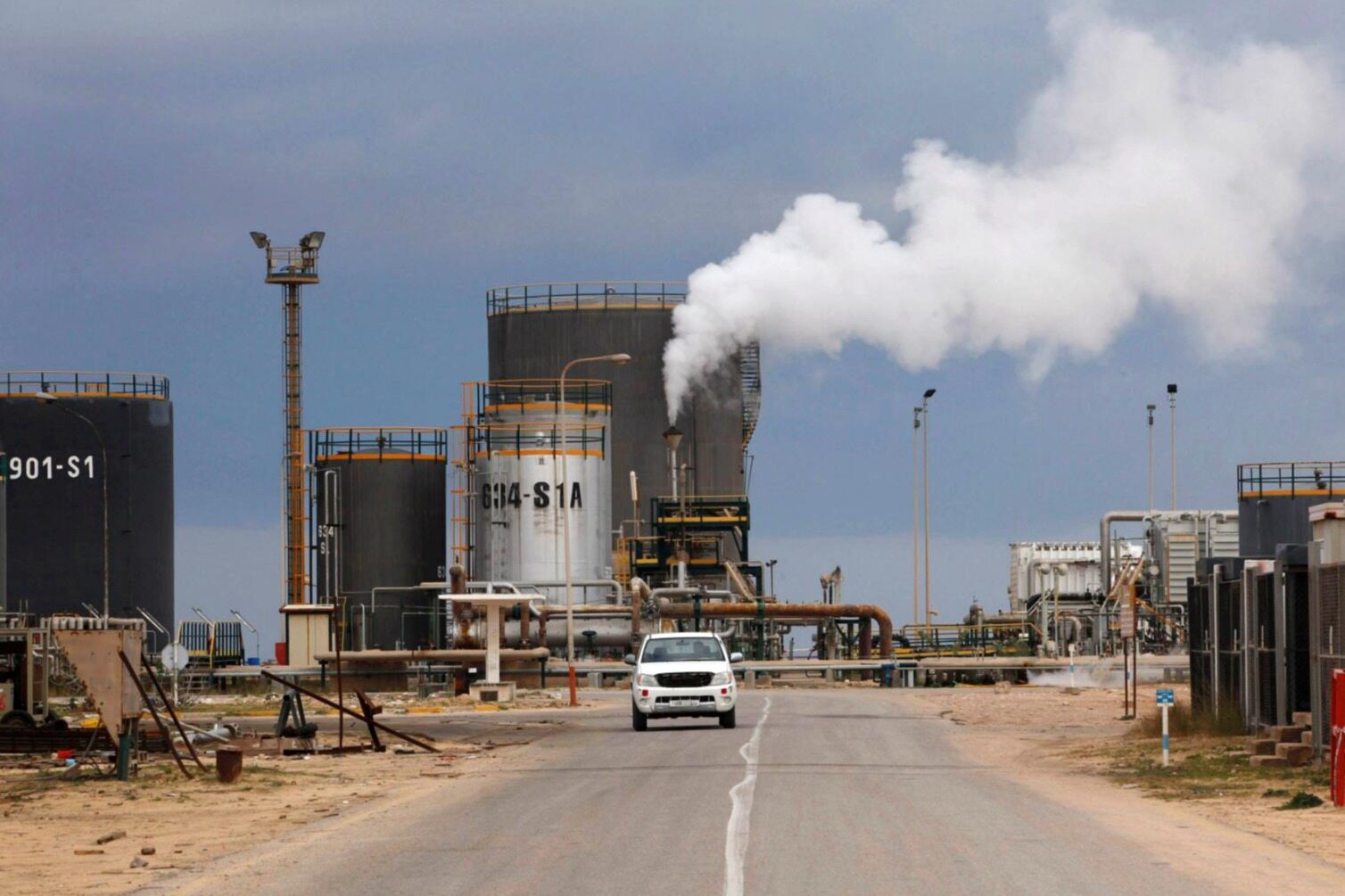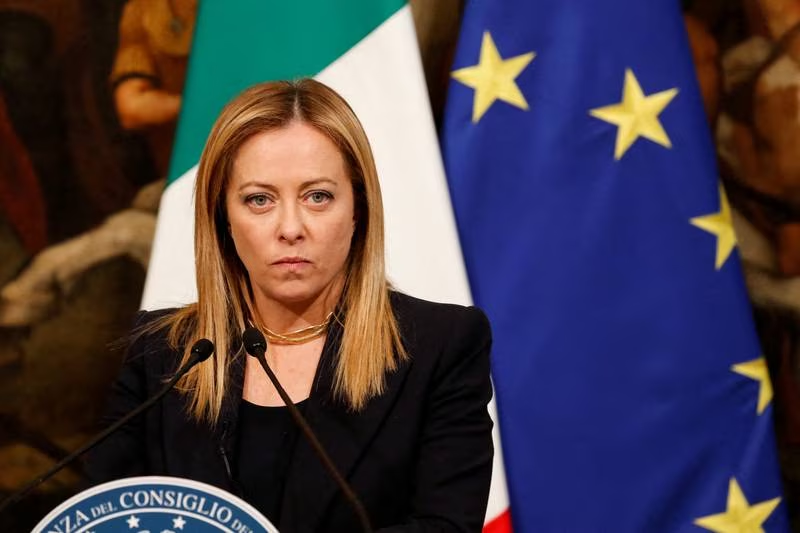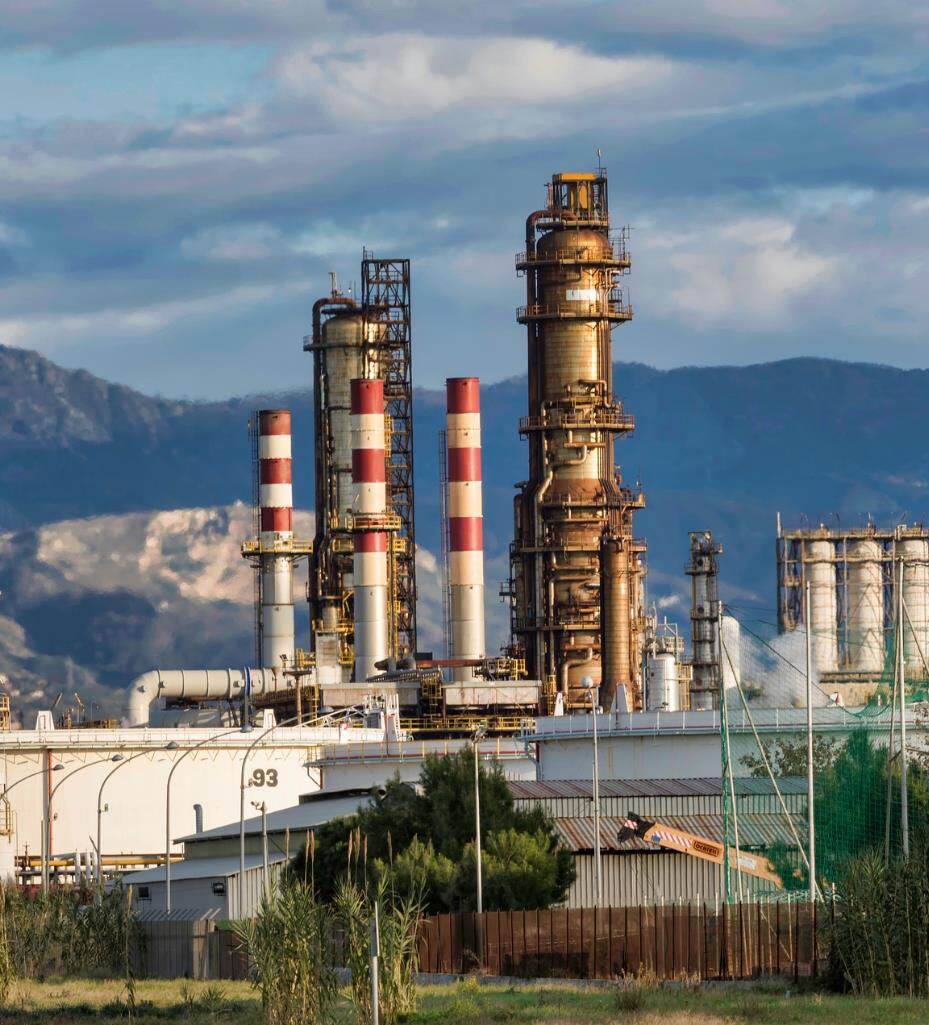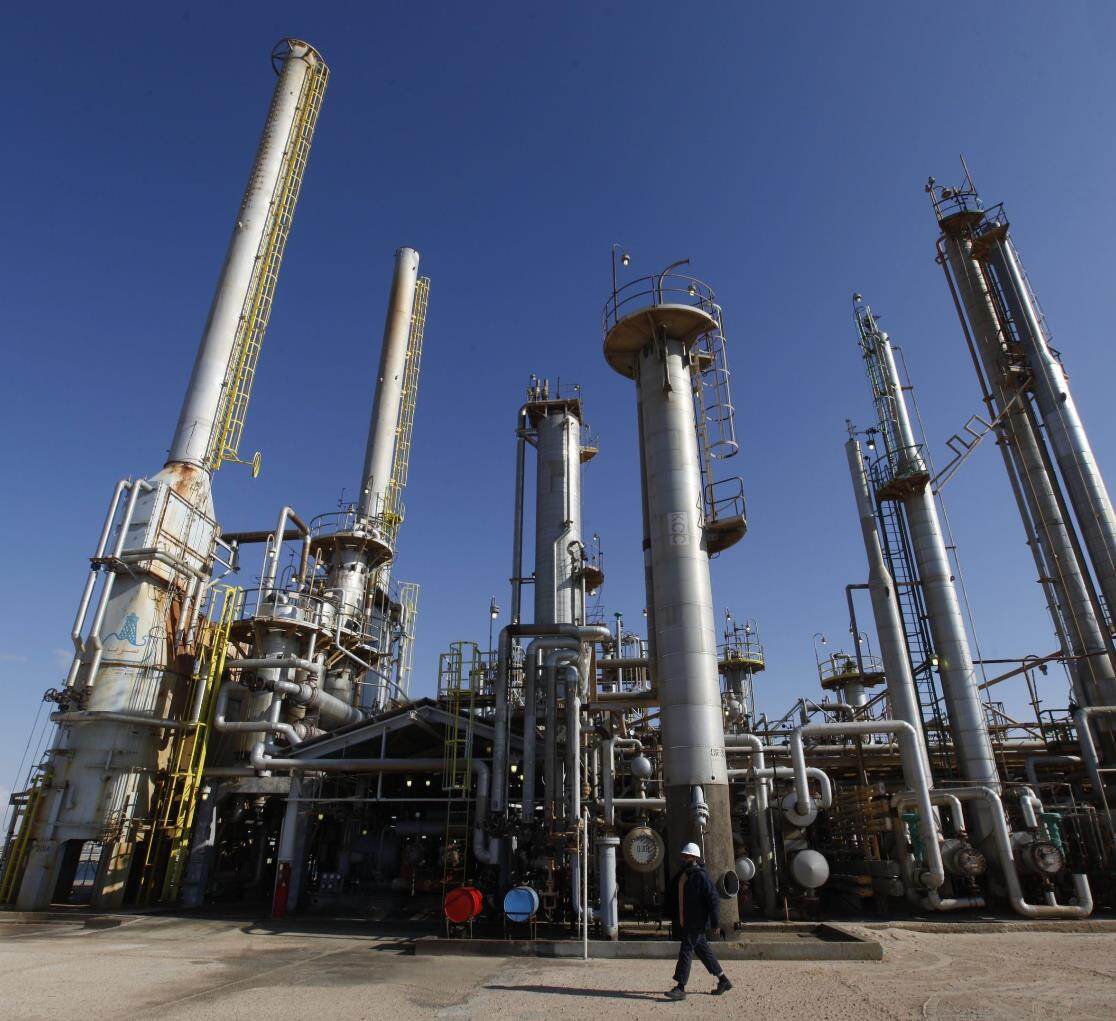- Italian Prime Minister Giorgio Meloni is said to be traveling to the Libyan capital Tripoli as early as the 28th
- The visit comes as Libya's state oil company prepares to sign an $8 billion offshore gas exploration and production deal with Italian energy company Eni

Italian Prime Minister Giorgia Meloni is preparing to visit Libya as part of efforts to secure more oil and gas supplies from North Africa. Ms. Meloni may go to the capital Tripoli as early as the 28th. The trip has not been confirmed and may be postponed or canceled due to safety concerns.

Libya, OPEC's seventh-biggest crude producer, has been seeking to increase production after years of conflict and political instability. The NOC plans to increase oil production to 2.1 million barrels per day by 2025.
To achieve this, it aims to develop new projects and repair oil fields damaged in the conflict, while increasing power supplies to the region. Europe faces reduced exports from Russia and aims to secure alternative sources of gas. The EU could be short of as much as 27 billion cubic meters of gas in 2022 if Russian deliveries drop to zero and Chinese LNG imports rebound to 2021 levels, the International Energy Agency said in a report last month .

Eni has signed an agreement with Algeria's national energy company Sonatrach to explore opportunities for renewable energy, green hydrogen and carbon dioxide capture and storage projects. The two companies will also conduct studies to identify possible measures to increase Algeria's ability to export energy to Europe.
These agreements demonstrate our commitment to ensuring the security of supply in Italy while pursuing our decarbonization goals, Eni Chief Executive Claudio Descalzi said in an earlier statement. Today, the partnership between Italy and Algeria is even stronger, with Algeria's key role as one of Europe's main energy suppliers confirmed.
In 2022, Eni and Sonatrach signed an agreement that will allow the Italians to transport another 9 billion cubic meters of gas via the Transmed pipeline, which goes to Italy via Tunisia.

With an equity production of 100,000 barrels of oil equivalent per day, Eni is one of the largest oil and gas companies in Algeria. Natural gas is an important energy source in Italy, accounting for almost half of the country's electricity generation.
Algeria, an OPEC member, is heavily dependent on oil and gas, which account for 19 percent of gross domestic product, 93 percent of product exports and 38 percent of budget revenue between 2016 and 2021, the World Bank estimates. The country is Africa's largest gas exporter, supplying around 11% of Europe's gas consumption.Editor/Xing Wentao
Comment
 Praise
Praise
 Collect
Collect
 Comment
Comment
 Search
Search














Write something~